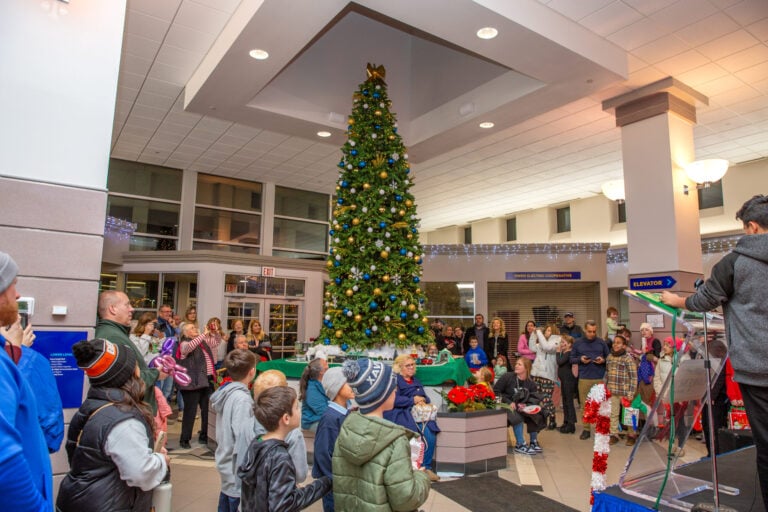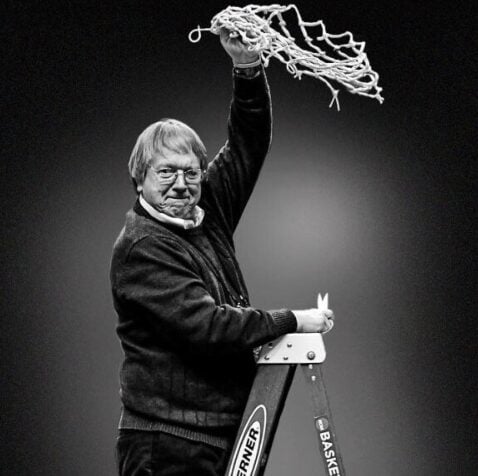More than 100 people traveled from across the state for the Kentucky Department of Education (KDE)’s Persistence to Graduation Summit in Lexington.
The annual two-day event gave principals, educators, social service professionals, Family Resource and Youth Services Center (FRYSC) coordinators and community partners the opportunity to deepen their knowledge on how best to support students who may experience challenges to reaching graduation.

“We were able to offer attendees great content to help our students who are at risk of not graduating,” said Sarah McIntosh of KDE’s Office of Continuous Improvement and Support.. “Typically, these students have a variety of needs and there is not just one strategy that will be effective for all. Many of our sessions focused on expanded services and opportunities that benefit all students and improving outcomes across the board.”
Trevor Ragan, founder of The Learner Lab, kicked off the summit with a speech on learning and development, sharing shared insights from the latest research on mindset and provided actionable steps for educators to cultivate resilience and a love for learning in their students.
The summit offered a wide variety of breakout sessions structured to encourage dialogue and leverage the expertise of the participants, as well as the session leaders. Topics included:
• Well-rounded educational opportunities;
• Safe and supportive learning environments;
• Effective use of education technology;
• Student transition and re-engagement strategies; and
• Alternative education programming.
Franklin County Superintendent Mark Kopp led a breakout session exploring how William Cofield High School, an alternative school in his district, achieves a 95% graduation rate. He explained the importance of adapting to the students who go through alternative routes to graduate.
“All of the students in this program have a different set of needs that have to be met in order to succeed,” Kopp said. “Every student has a different set of curricula that is followed, which is created to accommodate the student and their needs. One of our main goals at WCHS is to instill life readiness skills.”
Greta Stanfield, director of special education for Mason County schools, led a session about “reverse” career fairs. Rather than potential employees circulating among employers’ booths, the employers visit displays set up by the job seekers – in this case, the students.
“The reverse career fair provides a platform for candidates to display their skills and innovations in a more interactive and memorable manner,” she said. “Job seekers have presentations that showcase their abilities.”
She said the hands-on approach allows employers see the candidate’s expertise and creativity. “Students are able to connect with employers they are genuinely interested in, saving time and energy that would have been spent navigating a traditional career fair.”
Kentucky Department of Education





















